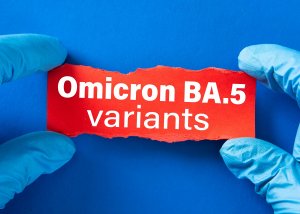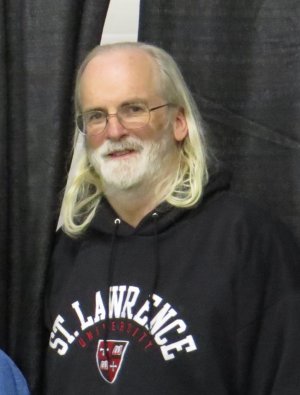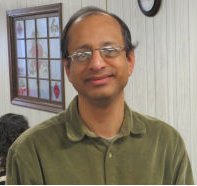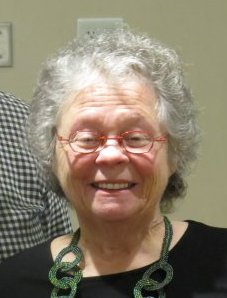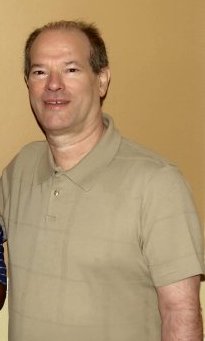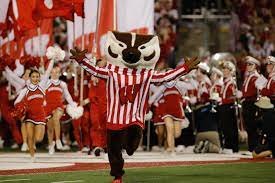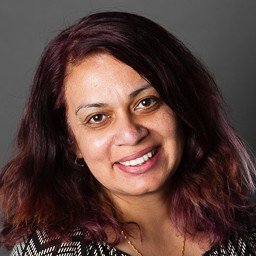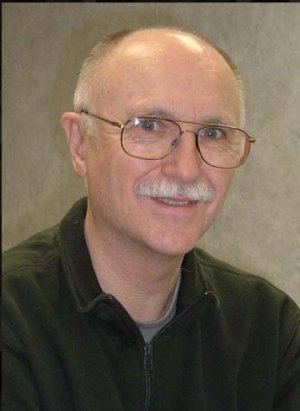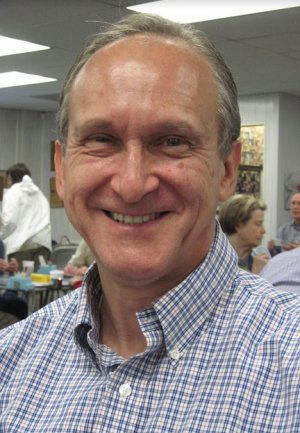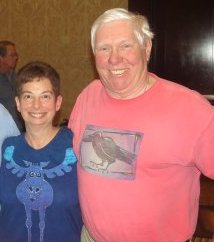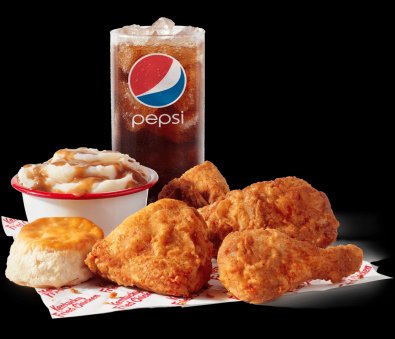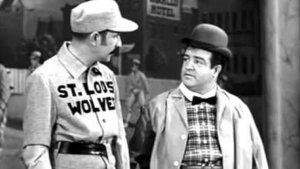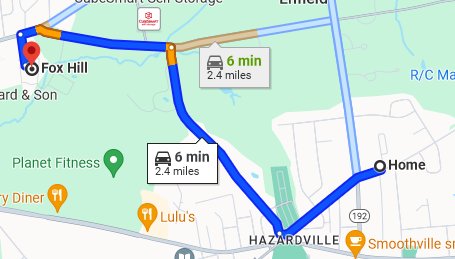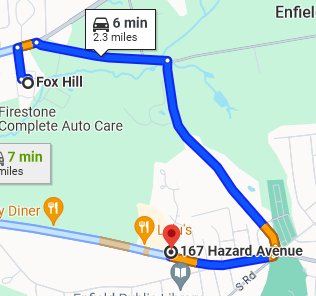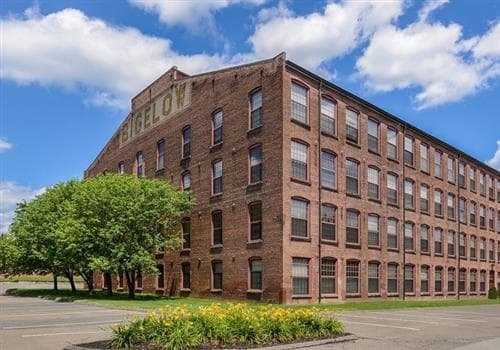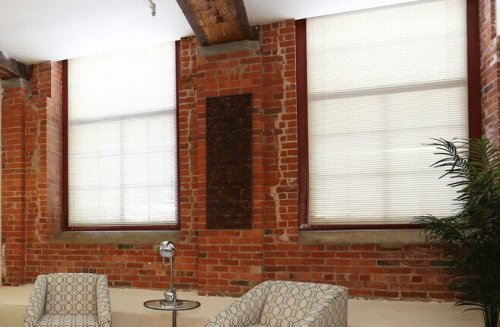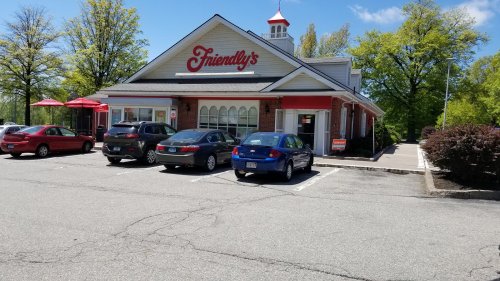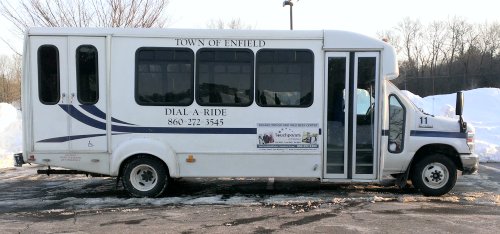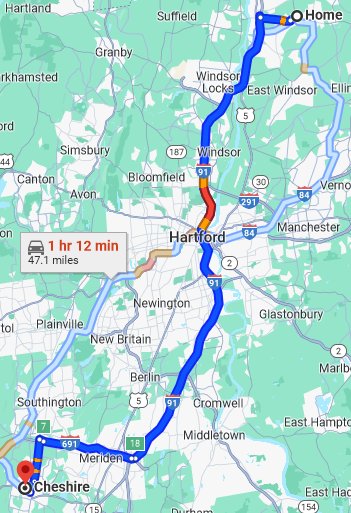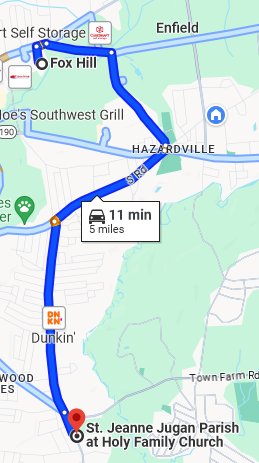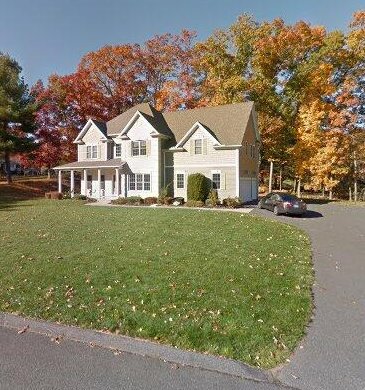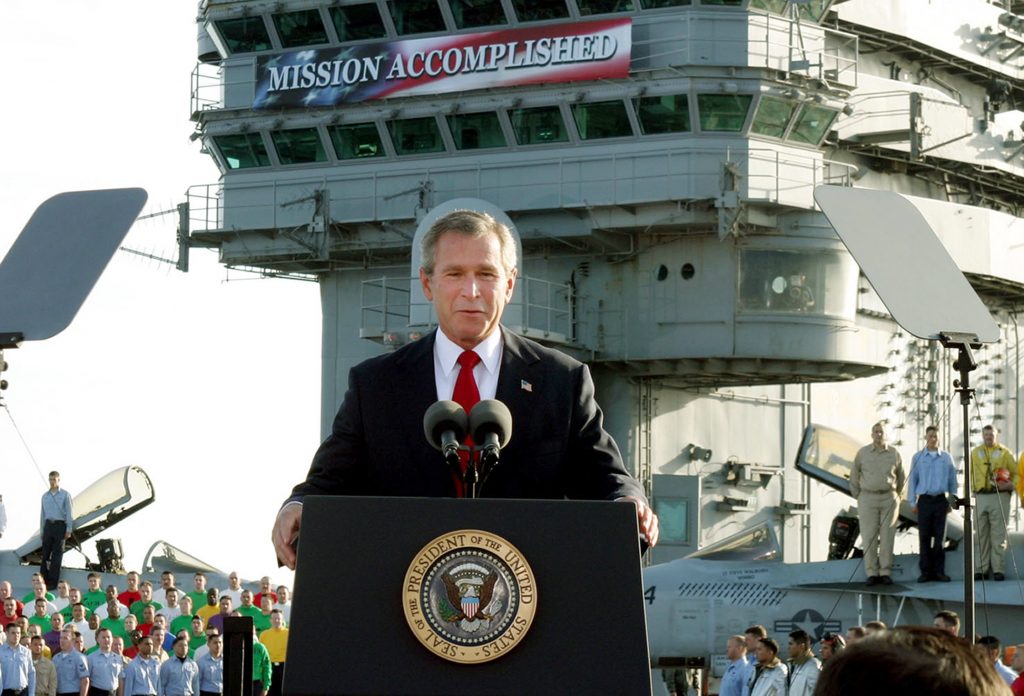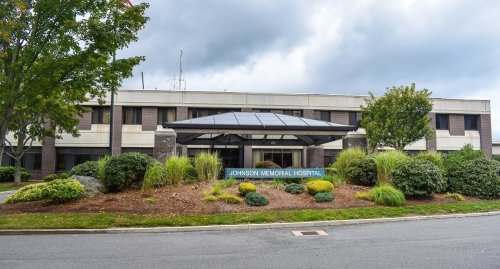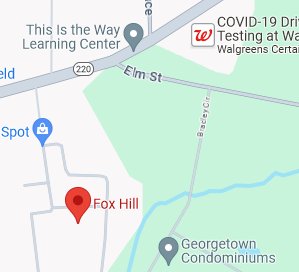Providence NABC part 2. Continue reading
The tale of woe that describes the first five days that I spent in Rhode Island can be read here.
Wednesday July 20: I checked the Daily Bulletin to see if more COVID-19 cases had been reported. This was the alarming news:
The ACBL is modifying its COVID reporting policy, such that cases from the Providence NABC will be reported in the Daily Bulletin instead of by email.
Each of the following cases were reported by players to NABC@acbl.org. Anyone testing positive for COVID should follow the same protocol. For information on testing locations, visit
providenceri.gov/vaccinate/.The ACBL has received reports of at least eight players who have contracted COVID since the Sunday issue where previous cases were reported. These players and staff members have participated in contests in multiple playing rooms across several days at the NABC in Providence.
So, at least a dozen people were spreading the disease in many events across multiple days. I could not help but think that this was just the tip of the iceberg. The question was whether this sobering news would impel more people to wear masks while playing. I tended to doubt it.
My partner for the next two days would again be Paul Burnham, who is a very good player. In boxing terms, he fights above his weight. Our miserable performance together on Monday did not discourage me. I liked our chances in the Bracketed Round Robins scheduled for Wednesday and Thursday. The unknown variable was whether our makeshift teammates would hold up their end.
On Wednesday I had arranged to play with Abhi (AH vee) Dutta. His partner was, according to Abhi, “a good player, but he does not have much experience.” The young man’s name was Jaan Srimurthy. I did not know him, but I had met his father, Vik, who was a good player.
We did not yet have partners for the game on Thursday. I went to the Partnership Desk to fill out a card. Carol Seager told me that she and her partner, Michelle Blanchard, were looking for teammates. I had played against Carol several times and I actually had partnered with Michelle once at a sectional in Auburn or Watertown quite a few years ago. I quickly agreed.
We purchased an entry. We were the fourth seed (out of nine) in bracket #2 of the 0-3,000 Bracketed Teams event. The morning session was terrible, but we played better in the afternoon. In many of the matches our teammates were just overmatched.
The most interesting thing that happened was when we played against a woman whose nametag identified her as Terry Brooks. She revoked and then protested vehemently when Paul insisted on calling the director.
In the end we won three matches for a total of .57 red points. Jaan said almost nothing all day. It was not a good day.
I drove back to Warwick after another frustrating day. Paul and I would only have one more chance to accomplish something together.
For supper I ate the remaining half of the grinder that I had purchased on Tuesday at Stop and Shop. I received an interesting email that evening from Sohail Hasan, my partner for the final three days:
I have a pair to play teams with us on Friday and may have another for Saturday but not sure yet.
My experience with pickup partners is pretty negative.
So, I wasted no mental energy worrying about teammates for the weekend.
I really enjoyed the first half of Interlibrary Loan. It made me want to reread A Borrowed Man.
Thursday July 21: As usual, I started the day by reading the Daily Bulletin online. I was looking for news about COVID-19 when I saw an article about an award for best teaching tip that was presented to the same Terry Jones who complained so much when Paul called the director after she revoked. She must have known that the Bulletin was going to feature her in Thursday’s edition.
The article about COVID-19 was precisely the same as the one that had appeared in Tuesday’s edition.
Paul and I met up with Carol and Michelle. We bought an entry in the same event that we played in on Wednesday. This time we were the second-seeded team in Bracket #1. We ended up in fifth place with 80 victory points—exactly average. We needed to finish fourth to make the overalls, but we were 12 points short. I don’t know what happened at the other table, but it seemed to me that whenever our opponents did something stupid—and it happened several times—they would come out smelling like a rose.
So, I had to say goodbye to Paul on that rather bitter note. It was beginning to appear that my entire tournament would be a fiasco.
I picked up another pizza from Bertucci’s for supper. It was as good as the first one.
Friday July 22: By this time I had amassed a fairly tall stack of discarded food containers in my room at the Crowne Plaza. Fortunately, I had eaten everything that I bought. There was no noticeable (at least by me) odor.
I read in the Daily Bulletin that the last three days of the Summer NABC coincided with the Youth NABC. In Providence the Youth NABC was held in some rooms in the Omni Hotel that shared the garage with the RICC.
Exactly the same notice about numbers of cases that was in Thursday’s Bulletin was printed in Friday’s again.
I munched on my breakfast sandwich on the way to Providence. I had to leave early. This was one of the days on which I was scheduled for volunteer duty. When I reported to Linda Ahrens, the volunteers co-chair, she said that they needed people at the Youth NABC. Bob Lavin, who had helped me with the bridge program at Duggan Academy in 2016, walked over to the Omni. Another fellow whom I did not know accompanied us.
After we located the designated area, we had to fill out some forms. Then they sent Bob and me to help with the registration. There was only one seat available behind the desk. Bob quickly seized it. The other seats were occupied by ACBL people. My job was to direct people to the registration desk. I stood around for about twenty minutes twiddling my thumbs. It was obvious to everyone where the registration area was. When I asked if I could leave, they told me that I could go back to the RICC.
After a few unplanned detours I found my way back to the Partnership Desk. They did not need me there either. So, I stood around and waited for Sohail to appear. I had only played with him once before—at the Harvest Regional in Mansfield in 2019. There I learned that he had attended the University of Wisconsin and then worked on Wall Street. He lived on the
Cape, at least in the summer. He had asked me to play with him in the online regional qualifying for the North American Pairs in 2021, but I had no interest in that. Don’t get me started on the subject of online bridge.
Sohail arrived at about 9:45. He told me that our teammates were already inside the playing area. They introduced themselves as Lauren Friedman, who had a lot of masterpoints, and Shazia Makhdumi. We found ourselves in the top bracket of the Open Bracketed Teams event. Both of our teammates were from California. I don’t know how Sohail linked up with them. There were twelve teams in our bracket, the worst possible number. Only four of them would place in the overalls, the same number as for a nine-team bracket. We were the #10 seed. Our work was definitely cut out for us.
I remember details from several rounds. We won our first round, but then we faced the team that ultimately won the event by twenty-four victory points. Three of them I knew very well from the Hartford Bridge Club: Trevor Reeves, Joel Wolfe, and Tom Joyce. The fourth was Mark Smith, who lived in Florida but directed online games for the HBC. We lost our match with them by 39 imps, but it could have been a LOT closer. On one hand Joel had bid a slam, and Sohail doubled. Sohail was on lead. He held the ♦A in his hand, and I had the king and a low one to signal with. However, he chose to make a passive lead, and Joel scrambled for twelve tricks in the other three suits. Afterwards Trevor asked me in private why Sohail did not lead the ace. I admitted that I did not know.
I also remember the match against Chris Apitz and Ellen Dilbert, a couple who lived in Arizona in the winter and Massachusetts in the summer. Sohail got into a tiff with Ellen. I don’t remember what the original disagreement was about, but it was not of much consequence. Most of the argument was about which of them was being obnoxious about it. At the time I thought that this was just a one-off.1
We only lost one other match. On one hand Lauren bid a little too aggressively. She jumped to an unmakeable slam. Sohail got quite angry at her and admonished her to read the article in that day’s Bulletin, which, he averred said never to bid slams in teams.
One of the teams that we played included Sally Meckstroth, a pro in her own right. Our foursome ended up tied with her team, but we won our match against them.
I don’t remember who our opponents were for the most memorable hand of the tournament. I actually wrote the hand up and sent it to the editors of the Daily Bulletin. Even though Saturday’s Bulletin solicited material from players, the email, which I sent Friday evening, said that it had been received too late to be included. Here is what I wrote:
The most amazing hand that I have ever seen was #2 in round 7 of the Victor King Bracketed Round Robin on 7/22. I held six hearts to the Q-10, six clubs to the J, and the ace of diamonds. No spades. My partner, Sohail Hasan, opened 2C. I responded 2D, which showed something better than a bust. Sohail bid 2S. I bid 3H. Sohail bid 4D. Aaaargh! He had bid twice in suits in which I had exactly one card in total. What should I bid–hearts again or that ragged club suit? I did not fancy either of those bids. We were past 3NT already, and all I really knew was that I did not like either of his suits, and he probably felt the same about mine. It was cowardly, I know, but I passed 4D.
Here was the hand Sohail set down: S: AKxxx H: AK D: QJxx C: AK. So I had accepted the invitation to play in a five-card fit at the four-level.
I somehow scrambled to nine tricks for down one, which was minus 50. I suspected that Sohail was peeved at me for putting us in such a hopeless contract. However, when we compared scores with our teammates, we actually won four imps on the board. Our teammates, Lauren Friedman and Shazia Makhdumi, had led a diamond to the 6NT contract, and the poor declarer never saw the board again. The result was down four.
It turned out that an unrecognized advantage of playing in a five-card fit was that the opponents were less likely to lead that suit at trick 1. In fact, I used my ace of trump to ruff a worthless spade, but not until I had unblocked the hearts.
A little later I gave our teammates ten guesses as to what our final contract was. They gave up after five or six incorrect attempts.
Tying for third was worth 11.53 gold points. Just think, though. If the ladies had somehow realized that their king, two queens, and two jacks could take five tricks in a notrump contract, they could have doubled. Then we would have gained thirteen imps on a non-swing hand. It would have been enough to put us alone in third place, within one victory point of second.
Sohail told me that he had secured partners for Saturday’s game just before I said goodbye to the ladies from California.
My drive back to Warwick was much more pleasant than the previous six journeys on southbound I-95.
I went to KFC for the third time and ordered another four-piece dinner. I then wrote an email to Sue describing the hand in the same detail that I submitted to the editors.
Saturday July 23: The ACBL finally began to come clean about the extent of the spread of COVID-19 among bridge players in Saturday’s Daily Bulletin:
The ACBL has received reports of dozens of players who have contracted COVID at the Providence NABC. Many more have not reported becoming infected. These players and staff members have participated in contests in multiple playing rooms across several days at the NABC in Providence.
When I arrived at the RICC I overheard many players talking about others who had become ill. Several people from the Hartford Bridge Club were reportedly stricken. The percentage of people who had donned masks on Saturday might have been a little higher than before, but not much.
Our teammates in the 0-3,000 Bracketed Swiss Teams were from Ottawa, Lisa Hebert and Mark Lacroix. Mark was a Tournament Director and an employee of the ACBL. I was fairly certain that we would be in the top bracket, and I was right. There were nine teams in our bracket. Every team played four three-ways. We were the #5 seed, but the seeds did not mean much. The winning team was the #9 seed. They outscored us by twelve victory points, and we bested the third-place team by thirteen. It had been tight throughout, but the winners pulled away at the end.
We garnered another 9.83 gold points. We all agreed to try to return and play together on Sunday in the last Bracketed Round Robin. I saw no reason why we should not win our bracket.
I had another pleasant drive back to Warwick. I then ordered a combo supper from On the Border. I drove there, picked it up, and ate it in my room at the Crowne Plaza. It was very good. In fact, every supper that I had on this trip was good. The atmosphere of the dining room was not great, but the food was excellent.
Sunday July 24: The headline on Sunday’s Daily Bulletin was “Yu Wins Mini-Spingold”. This immediately sprung to mind:
Abbott: Yu won the Mini-Spingold!
Costello: What? I didn’t even play.
Abbott: No, no. Watt didn’t qualify, but Ai lost in the semifinals.
Costello: Then who won the event?
Abbott: Hu was disqualified. So Yu won.
Costello: How could I win if I didn’t play.
Abbott: Ai lost in the semis. Yu won!
Costello: Nonsense!
Abbott: Eliminated in the first round.
The Bulletin repeated the language about “dozens” of cases, but I now had the sinking feeling that the Providence NABC might have been a super-spreader event.
When I arrived at the tournament site my worst fears were realized. Sue Miguel found me in the exhibition hall that was used for teams. She told me that both Joe Brouillard and Lois DeBlois had COVID-19. On their behalf she gave me a swag bag that had a lot of nice little stuff in it as well as a $100 gift certificate for Amazon.
Sohail showed up only a few minutes before game time. He said that both Mark and Lisa also had COVID-19, and they had gone home. We would have to play in the Fast Pairs.
For the first time Sohail wore a flimsy mask, and he complained about one woman who was coughing.
I am not going to write about the rest of that experience. I had never played under those rules before, and we got behind. I made lots of mistakes. It was very cold. Somehow we won some red points in the morning, but at the end I just wanted to get out of there.
I arrived back in Enfield before 6PM.
Epilogue: It definitely was a super-spreader event. Both Mike Heider and Jim Osofsky got COVID-19 and had to leave early. Mike was quite sick for a while. He passed out, and Jim had to drag him into bed. Dozens of people from the Hartford Bridge Club were also stricken, including several people who were quite careful.
I was lucky, I guess, but I was also very careful. I wore an N95 mask at all times that I was not eating or drinking, and I almost always drank alone. The supper on Sunday evening with Mike and Jim was the only time that I was unmasked in a public place.
To tell the truth I don’t know if it was worth it. A lot of people got sick. I don’t know if anyone died of it, but almost certainly someone contracted the disease in Providence and spread it elsewhere. the BA.5 variant of the virus was extremely good at transmitting and avoiding defenses.
The one thing that this really proved was that the vaccination check was a joke.
1. I later played with Sohail in Warwick later in the summer. I found his behavior on that occasion intolerable.


